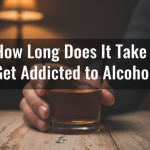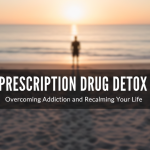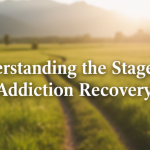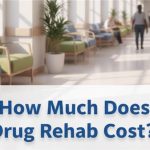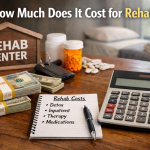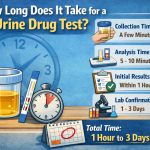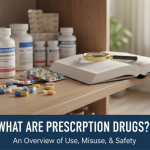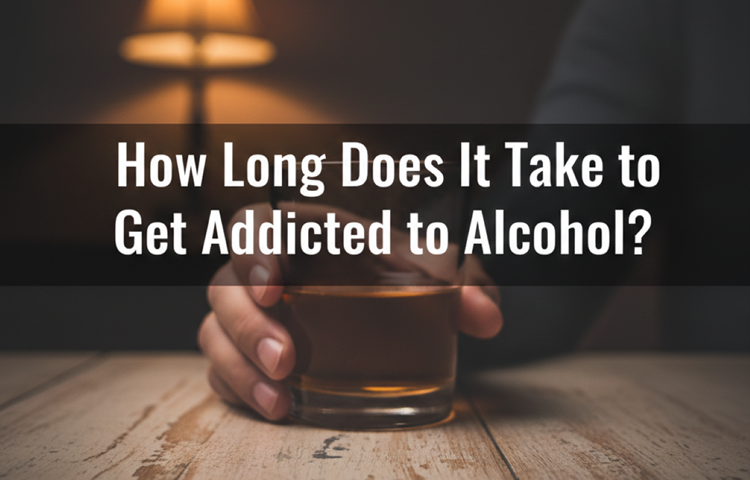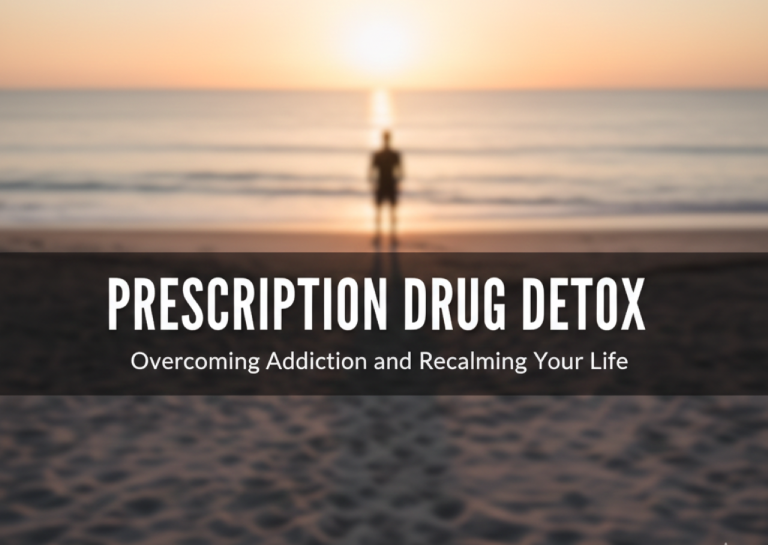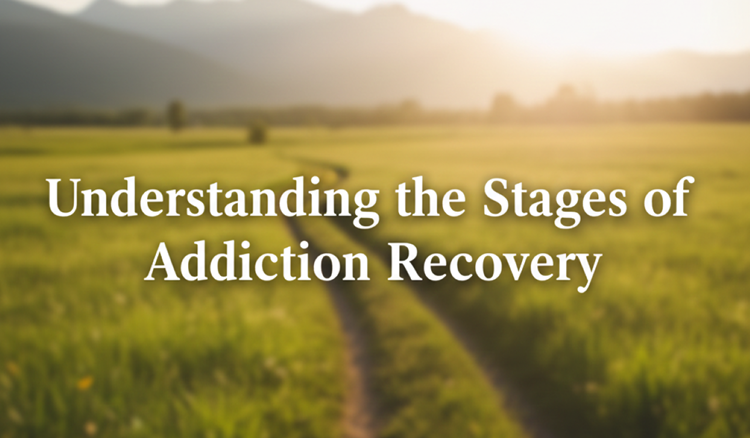Mental health conditions and substance use disorders often occur at the same time. For example, it is common for someone to cope with their mental health issues by abusing drugs and alcohol. When you have both problems simultaneously, this is known as having co-occurring disorders.
According to the Substance Abuse and Mental Health Services Administration (SAMHSA), 21.5 million people suffer from co-occurring disorders.[1]
Unfortunately, substance abuse disorders and mental health conditions only make each other worse. As a result, you’ll need to receive treatment for both co-occurring disorders at the same time. This is why dual diagnosis programs were created.
Dual diagnosis treatment centers offer mental health treatment and addiction treatment in one program. You’ll receive various services, including individualized treatment plans, medical detox, evidence-based therapies, medication management, and relapse prevention planning. The tools and support offered during dual diagnosis treatment programs make it possible for you to achieve long-term sobriety and recovery from mental health.
In this article, you will learn:
- What is dual diagnosis treatment?
- Why do mental health disorders and substance abuse need to be addressed at the same time?
- What should you expect during a dual diagnosis rehab program in Florida?
How Does Dual Diagnosis Treatment in Florida Work?
Dual-diagnosis rehab programs include a comprehensive approach that addresses both mental health and substance use disorders. These co-occurring conditions can complicate each other and worsen the symptoms of one another, so they need to be treated simultaneously. The goal of a dual diagnosis treatment center is to help you manage your mental illness and recover from addiction at the same time.
If you are considering attending a dual diagnosis rehab in Florida, you might wonder what to expect. During one of these programs, you will participate in the following services:
In-Depth Assessment
The first step in a dual diagnosis rehab is an initial assessment. Admissions counselors will ask you questions about your mental and physical health as well as your history of substance abuse. They will also determine what mental health condition you have, whether it is depression, anxiety, bipolar disorder, personality disorder, or something else.
The information gathered will help create an individualized treatment plan based on your needs. Your treatment plan could include how long you need services, whether you’ll require detox, if you should be on medication for mental health, and more.
Medical Detox
Next, most people addicted to alcohol or drugs require medical detox services. When your body is dependent on a substance, you will experience withdrawal symptoms upon stopping the use of it. Withdrawal symptoms can range from mildly uncomfortable to severe or life-threatening, depending on a variety of personal factors.
Thankfully, detox uses medications and treatments to lessen your withdrawal symptoms, prevent cravings, and keep you stable. Going through a medical detox program means your withdrawal symptoms will be controlled to prevent severe and life-threatening effects.
Individual Therapy and Group Counseling
Once you overcome withdrawal, you will begin participating in individual counseling and group therapy. Both of these services benefit addiction and mental health at the same time.
Individual therapy can help you learn to manage your mental health disorder by unpacking childhood trauma, getting to the core issues that are causing your symptoms, and providing you with a safe space to evaluate how to move forward. On the other hand, group therapy is ideal for relating to others who are experiencing the same symptoms as you, learning coping mechanisms, and building communication or boundary-building skills.
Let’s take a look at how therapy assists addiction recovery. First, individual therapy provides you with a place where you’ll feel comfortable opening up about why you began abusing drugs in the beginning and allows you to evaluate how substances have affected your life. Group counseling gives you the ability to see how addiction affects other people, learn coping skills from your peers, and build a community of support with others in your rehab program.
Medication Management
Sometimes, mental health conditions require psychiatric medication to recover. While therapy can be a great tool in helping you manage your symptoms, some effects are caused by chemical imbalances in the brain. Medication can balance these chemicals to prevent symptoms from occurring or reduce the severity of them.
Because you are in recovery from addiction as well, you will never be given a medication that is known to be habit-forming. Instead, you will use non-addictive psychiatric meds like antidepressants, antipsychotics, mood stabilizers, and more.
Relapse Prevention and Aftercare
Before you complete dual diagnosis rehab in Florida, you will engage in relapse prevention planning. This process involves identifying triggers for relapse and developing healthy coping mechanisms that help you stay sober. You might also create a plan of action to use in case you experience a relapse in the future.
Another vital part of relapse prevention is aftercare programs. Dual-diagnosis treatment centers in Florida provide the following types of aftercare:
- Continued therapy
- Medication management
- Access to an alumni support group
- Referrals to outpatient and sober living programs
- Recommendations on local support groups like 12-step meetings
- Case management services like vocational training and other life skills assistance
Get Connected to a Top-Rated Dual Diagnosis Rehab Center in Florida
If you or a loved one suffers from co-occurring disorders, it’s time to consider attending a dual-diagnosis treatment center in Florida. At Solutions Healthcare, we offer a combination of individualized and evidence-based treatment, ensuring our patients receive the care they need to be successful in recovery.
Contact us today for more information on our dual diagnosis rehab program in Florida.
References
- The Substance Abuse and Mental Health Services Administration (SAMHSA): Co-Occurring Disorders and Other Health Conditions







